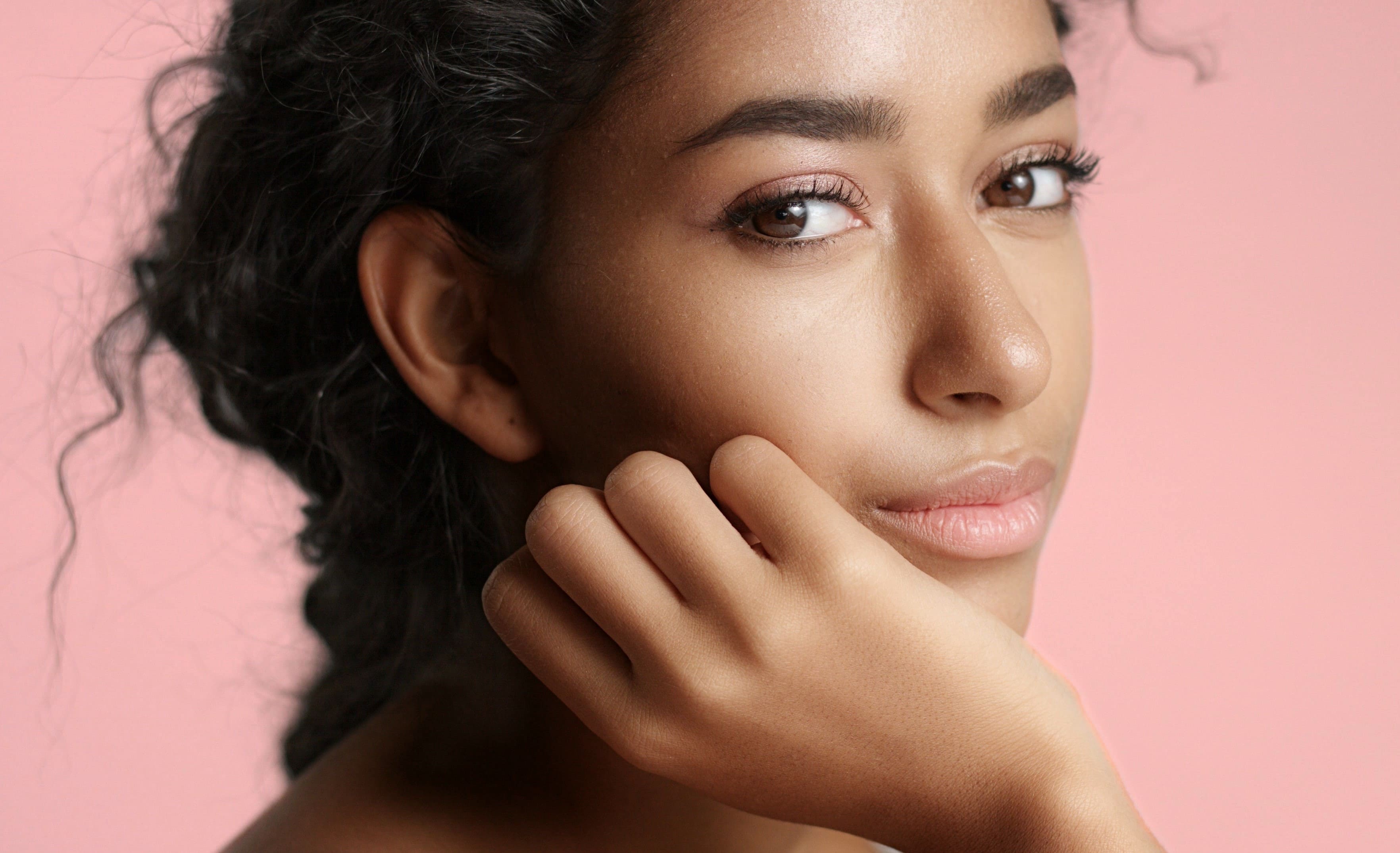Four Prescriptions for Perfect Skin

The skincare aisle at the drugstore can be overwhelming with product options from acne treatments to wrinkle reducers. It can be frustrating (and certainly expensive) to test these products by trial and error. But then how can you find the right combination for your skincare needs? Your primary physician or dermatologist may be able to help you solve your skincare woes with one of these four popular and effective prescriptions.
Start with a Consultation with your Dermatologist
A good place to start to identify if a prescription skincare solution is right for you is to discuss what your skincare goal(s) is with your doctor. Do you have unwanted wrinkles forming? Is your skin’s elasticity reducing? Are you experiencing unwanted breakouts or acne? It’s important to let your doctor know what you’d like to achieve, such as clearer skin or fewer wrinkles.
If you’ve been experimenting with drugstore products, make a list of what you’ve tried before your appointment and identify what your skin’s reaction was to each product. This will help your doctor identify what ingredients may play well, or not so well, with your skin and can influence what you are prescribed.
Don’t be surprised if you recognize some of the prescription suggestions, as many are very commonly used, and patients widely see success with them. Here are a few common skincare prescriptions you can only get from your doctor:
1. Tretinoin (Retin-A)
Tretinoin is a jack-of-all-trades prescription that can be used to reduce acne, improve sun-damaged skin like sunspots and discoloration, and diminish fine lines and wrinkles. You may be thinking, “But, I’ve used Retinol! Isn’t this the same as Retin-A or Tretinoin”? The answer is no. Retinol is a milder form of Tretinoin, naturally derived from Vitamin A.
You’ve most likely tried Retinol over-the-counter, and if it was not as effective as you had hoped, Tretinoin may be the ticket to skincare success. Tretinoin is a more aggressive, synthetic version of Vitamin A, and works by irritating the skin to produce skin cell turnover and exfoliation to produce new, healthy skin cells.
Don’t let the word “irritation” scare you away, while it sounds counterintuitive to the goal of calm, smooth skin, it works to reveal healthier, fresh glowing skin. Tretinoin is prescribed as a topical gel or cream, and its most common side effect is skin irritation. You can get free Tretinoin coupons at AmericasPharmacy.com.
2. Spironolactone
When you first do a Google search for Spironolactone, you may be alarmed when the results show that this drug is used for the treatment of high blood pressure and heart failure. But research shows that Spironolactone as an oral treatment is an effective treatment for patients suffering from hormonal acne. So how does it work? Spironolactone inhibits the production of androgens such as testosterone, which reduces oil production and unblocks pores.
Spironolactone is a great option for women of all age ranges, from teens to women experiencing the effects of post-menopause. While side effects are uncommon, Spironolactone can cause dizziness, headaches, nausea, vomiting, and breast tenderness. If these symptoms are persistent, it’s important to alert your doctor, as spiked potassium levels can occur in some cases, but these cases are extremely rare. If you’re not interested in an oral medication like Spironolactone, stick to Tretinoin or another topical treatment like Azelaic Acid.2
3. Hydroquinone
If you’re looking to improve skin discoloration and dark spots, you may be prescribed Hydroquinone, a prescription used to bleach dark areas of the skin. Hydroquinone is a topical cream that breaks down the production of melanosomes in melanocytes. Patients usually see improvement in their dark spots after about four weeks of use, but results can take up to a month to see.
It is important to note that if no improvement is seen after 30 days, you should stop the use of Hydroquinone and talk to your doctor about other options. The best way to use Hydroquinone is to try a test patch on your face in case of an adverse reaction. Some typical reactions can include burning and itching sensations. If these side effects continue to progress into swelling or severe dryness, discontinue using the product and alert your doctor.3
4. Isotretinoin (Accutane)
If you suffer from persistent, painful, or extreme acne, you have most likely heard of Isotretinoin, or Accutane, before. While Isotretinoin can be an intense treatment, patients usually see their acne completely cleared within four to five months and need no further acne treatment. Isotretinoin is derived from Vitamin A, which in larger doses can be dangerous for pregnant women.
However, patients who finish their treatment of Isotretinoin should not experience any negative long term effects for pregnancy, as the Vitamin A levels are depleted from the bloodstream as soon as nine days after. Most common side effects from Isotretinoin are sun sensitivity, chapped lips, dry or itching skin, nose and eyelid irritation, temporary thinning hair, urinary symptoms, and depression. The most serious and dangerous side effect of Isotretinoin is birth defects during pregnancy. For female patients, your doctor will require you to be using some form of birth control to prevent pregnancy while taking Isotretinoin.4
Save on Prescription Skincare Medications
Thinking of discussing any of these prescriptions with your dermatologist? You can find discounts and coupons on AmericasPharmacy.com, by searching for a Spironolactone coupon, or using the America's Pharmacy discount card.
SOURCES:
